Twilight graduate Justin Chon on his film set in LA’s Koreatown, hostess work, and Asian-American cinema after Crazy Rich Asians
- Chon’s Ms. Purple, about a Korean hostess who craves dignity, shines light on a generation left behind and has a refined beauty that echoes In the Mood for Love
- Korean-American, whose directorial debut Gook premiered at Sundance festival, hopes for day when he can make a film without it being labelled Asian-American
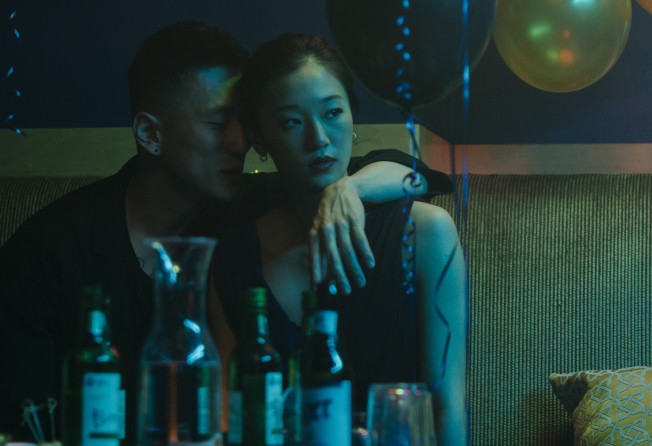
Justin Chon’s stark debut film Gook , which premiered at the Sundance Film Festival in 2017, announced the Korean-American director and former Twilight series star as an impressive new force in dramatic cinema. His latest film, Ms. Purple, shows him continue to spread his wings and experiment with style and form.
Whereas Gook was a raw, touching urban drama, Ms. Purple has a refined beauty that reminds the viewer of an emotional Douglas Sirk melodrama or Wong Kar-wai’s lush In the Mood for Love . On Saturday, it played as the centrepiece of the Asian-American International Film Festival in New York.
The story, which Chon wrote with the actor and writer Chris Dinh, focuses on a hard-pressed hostess in Los Angeles’ Koreatown neighbourhood who gradually finds her dignity and self-respect.
Chon, a first-generation American who grew up in southern California, says that he wanted to make a film that revolved around Koreatown as it is not the kind of place that usually shows up in movies.
“Koreatown in Los Angeles has become very gentrified,” he tells the Post. “But it used to be not the best of neighbourhoods. As gentrification happened, it made me wonder about the kids who grew up here. I know a lot of them, and they feel they have been left behind by society – the world turns but they just seem to stand still.”
The film’s main character, Kasie (Taiwanese actress Tiffany Chu), is an example of that, Chon says, explaining that she can’t envisage a life outside her fractured family and the Korean community until she meets a kindly Mexican who opens her eyes to a different culture.
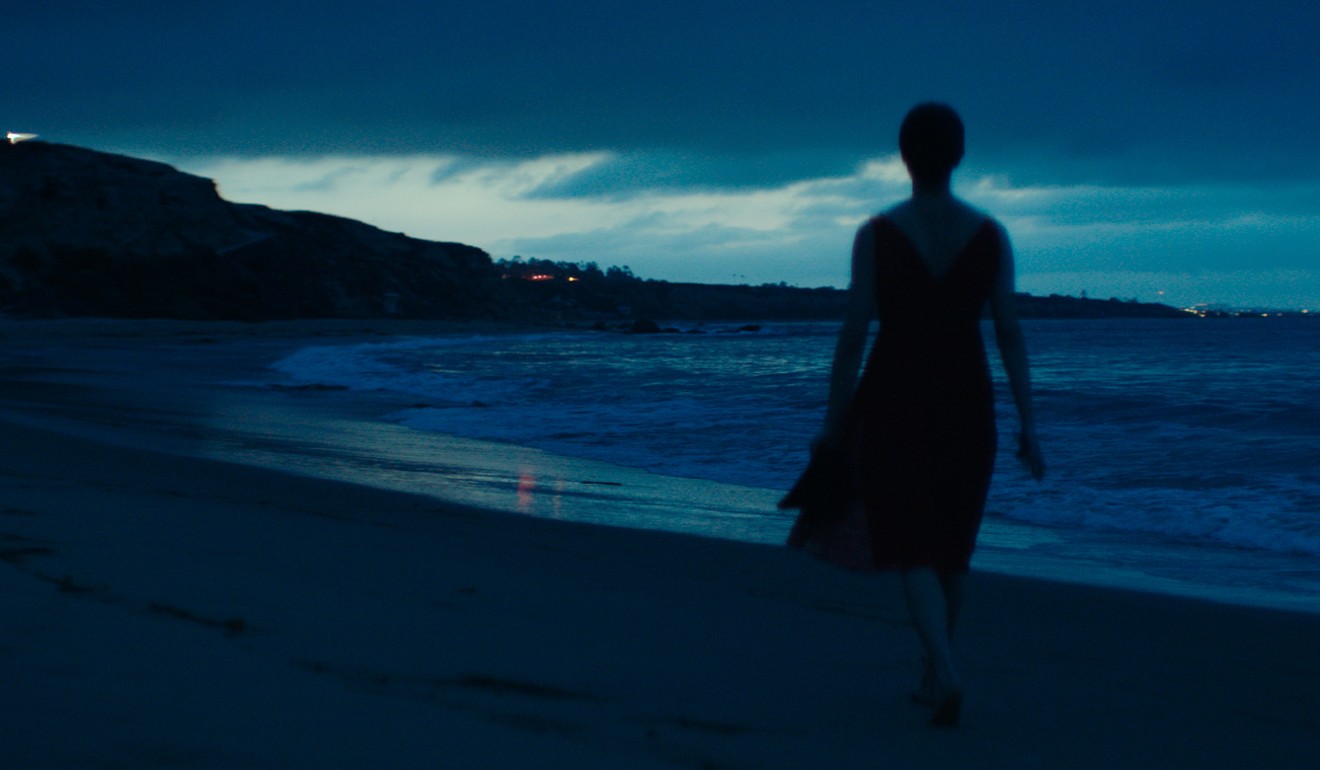
“She is just standing still. She is trapped in the nightclub situation, and her obligations to her family,” Chon says.
Kasie – who is Ms Purple by night – is frequently exploited by her clients, who force her to perform sexual favours and are violent and abusive. Even her wealthy boyfriend has a transactional view of their relationship, and takes advantage of her. It’s a true depiction of Koreatown, Chon says.
“Hostessing is still very much alive in Koreatown,” he says. “We took a few journalists out to eat and visit karaoke bars in Koreatown, and they were like, ‘Oh my god, this stuff really happens’. It’s rooted in truth and reality. It might seem dramatic, but that kind of stuff happens all the time.”
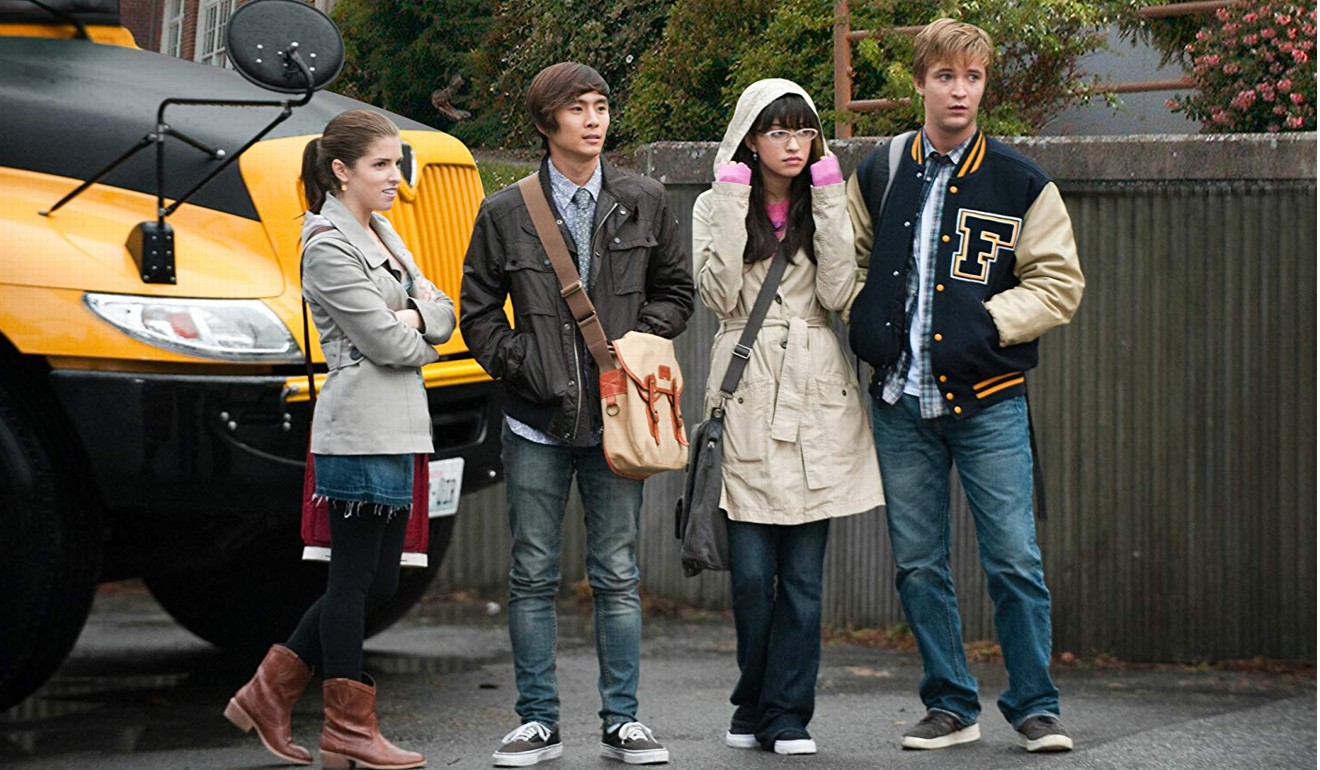
Communities often turn a blind eye to such things, he adds. “It’s not just the Korean community, it’s all communities. Things happen under our noses, and people just don’t care to notice them.”
Ms. Purple contains many scenes high on emotions, and Chon says that was the intention. “If we’re going to see a feature film, we don’t want to see a documentary – I think we want to experience those heightened emotions. It increases the stakes, and we enjoy that, although the approach can fail if the story or acting is overplayed.”
Chon thinks that he’s better known as an actor – he played the part of Eric Yorkie in the Twilight film series – and says that his deep knowledge of film history and art-house directors comes from personal interest rather than study. He was actually a business student, he notes.
The industry always wants to categorise people. It wants to find a way to make sense of the world by saying you are this, and you are that. Crazy Rich Asians really helped the commercial aspects of Asian-American cinema. But I don’t know if it has helped the kind of films that I make
“People think I’m a dummy. They know me as an actor who does movies like Twilight and all that stuff. But I like to examine daily interactions in life, and I always want to find meaning in things,” he says.
While he didn’t go to film school, Chon sees himself as “a lover of film”. He adds: “When you’re a kid, you start off with blockbuster films and then you get a bit more sophisticated and wonder what else is out there. You start to find these wonderful filmmakers that have a lot more to say.”
Filmmakers he found include the Polish master Krzysztof Kieslowski, Iranian director Abbas Kiarostami, Japan’s Hirokazu Kore-eda, Britain’s Ken Loach, whom he finds inspiring, and Wong Kar-wai, a particular favourite. “I always like to ask why and question things, and I feel these directors do that. They have a lot to say,” he says.
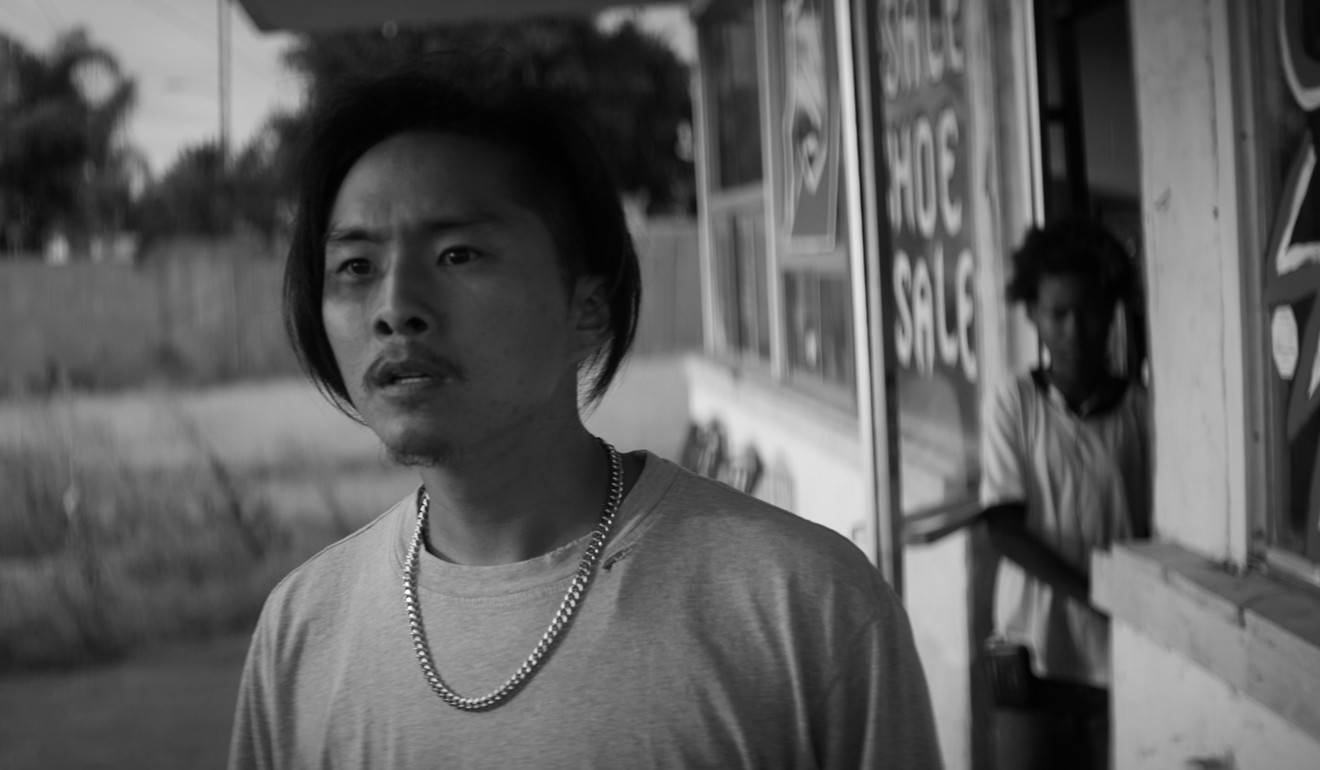
Some Asian-American moviemakers like to self-identify as Asian-American filmmakers, others try to avoid the tag completely. Chon says he’s never really thought about it.
“I don’t think there is any way for me to avoid being an Asian-American filmmaker, as my experience of life informs my films,” he says. “I am an Asian-American, so my experiences of this country and the viewpoints I have acquired are related to that. That has to be my perspective,” he says.
It often used to be said that Asian-American filmmakers’ first films always dealt with identity issues – they were explorations of both sides of the culture, Asian and American. Chon says he has not chosen to focus on that.
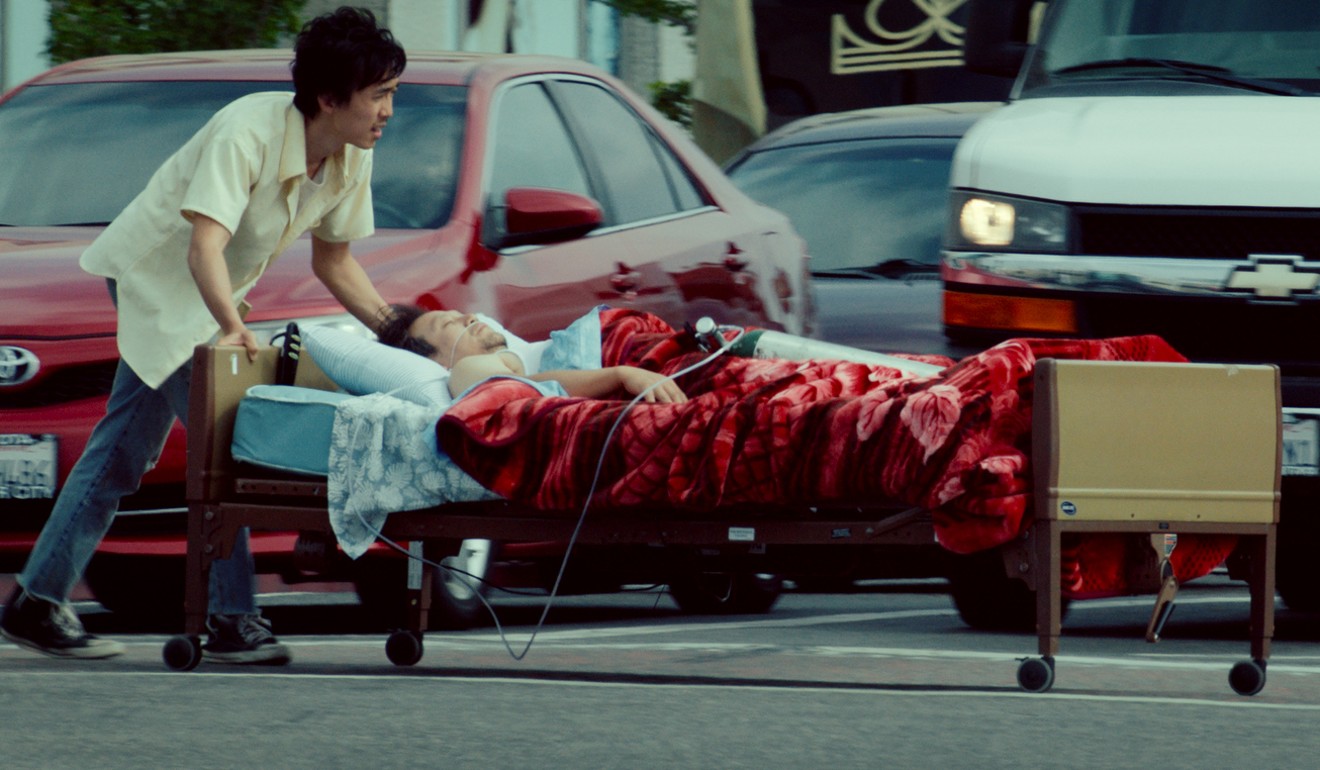
“The identity thing is baked in, whether I like it or not. But I don’t want identity to be the main focus of a film, as I don’t think that’s very inclusive. I think identity is important because everyone struggles to find their place in the world. But I am interested in examining multiple cultures, so I want my films to have a bigger range.”
Chon, now 38, has been in the film industry since he was 20, so he says he’s had time to figure out who he is. “I have always been cast dependent on my ethnicity, so I have had a lot of time to process that,” he says.
But he hopes his films have universal appeal. “I’m not making these films solely for an Asian-American audience, which is why festivals are so important. I want to stay true to my purpose, which is to bring empathy to my community. But I also want my films to go outside my community.”
Has the box-office success of Crazy Rich Asians opened up new opportunities for Asian-American actors and directors? “I feel that things are changing. I think that people are opening up and their viewpoints are widening,” he says.
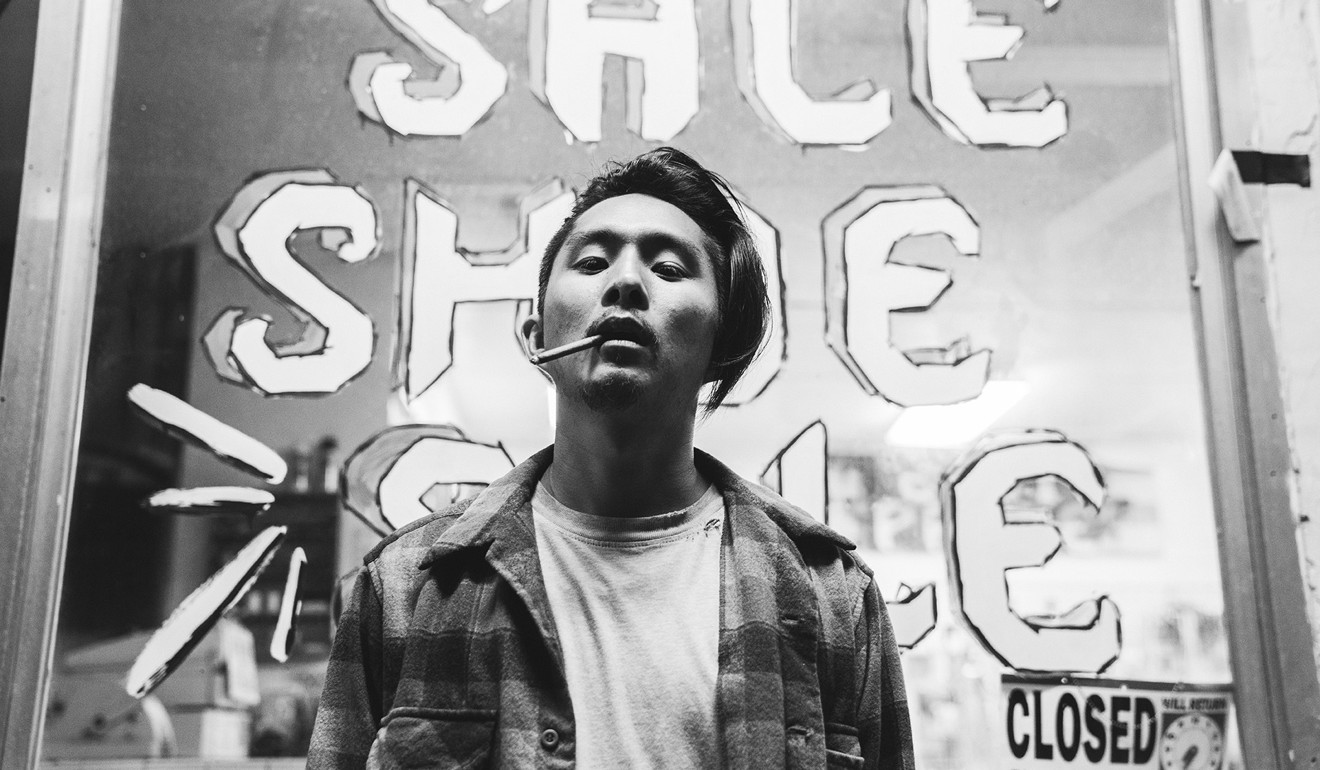
“But the industry always wants to categorise people. It wants to find a way to make sense of the world by saying you are this, and you are that.
“Crazy Rich Asians really helped the commercial aspects of Asian-American cinema. But I don’t know if it has helped the kind of films that I make. I do think it has raised awareness of us.
“The challenge of being an Asian-American filmmaker is really one of exposure. The more normal it gets to see Asian-American films, the less of a big thing it becomes. The films just become human rather than Asian-American,” Chon adds.
Want more articles like this? Follow SCMP Film on Facebook